TURN Model
The Problem
Studies completed by researchers at both Emory University and Yale University found that rates of post-traumatic stress disorder are higher among residents of some high-crime neighborhoods than among veterans of combat. Prolonged exposure to violence leads the part of the brain that triggers the primal “fight or flight” response to remain in a hyper-vigilant state, which can result in long-term psychological dysfunction. Those suffering from chronic violence-related mental health issues experience profound challenges in completing school, holding jobs, and avoiding substance addiction. When constant high rates of violence exist, entire communities suffer in what is described as a peri-traumatic environment.
In the Bronzeville neighborhood of Chicago, there is an estimated 16,494 youth between the ages of 10 and 24. In 2014 the overall crime rate in Bronzeville was twice the average rate of that in Chicago (1,629 per 100,000 residents compared to 811 per 100,000 residents), and some areas of Bronzeville experienced even higher rates, up to 9 times higher than the City of Chicago. The large majority of urban youth, as many as 96 percent, are exposed to some form of serious violence including witnessing shootings and homicides.
Violence impacts individuals and communities in a complex and dynamic way, affecting nearly all aspects of life, from physical and mental health to housing, propensity for substance abuse, educational attainment, and employment. As such, no singularly focused program can hope to break the cycle of violence once embedded. Well-intended programs centered solely on law enforcement, substance abuse, education, job creation, or community development are limited in what they can accomplish in isolation.
Bright Star Community Outreach (BSCO) was founded in 2009 by Pastor Christopher Harris, in response to the need to address the systemic problems impacting Bronzeville. In 2013, after a trip to an organization in Israel called NATAL, he developed The Urban Resilience Network (TURN) model to address the violence and trauma that was evident in Bronzeville. Through this model, trauma counseling, based on NATAL’s model, was added to the organization. As this department was developing within BSCO, it was decided that the Communities That Care (CTC) development model would be utilized to further assess Bronzeville and its residents and identify the goals of BSCO and our services.
Utilizing CTC 1,800+ 6th, 8th, 10th, and 12th graders completed an assessment about their mental health symptoms, risk factors, and protective factors. We received back 1,500+, which is a rate of over 72%. One of the factors that were evident through these surveys was that 35% of the youth endorsed clinical levels of depression. The youth also endorsed sensing that the community was unorganized.
BSCO is continuing to work with the community to identify assets and ways to continue to build those. Additionally, we are working to continue to develop our holistic programming to address some of the needs of the community, and partnering with other organizations that serve in ways we do not. Along with our Out of School, Youth Summer Employment, Truancy Education and Mentoring, Family Advocacy Center, and Safe Passages programs, we are adding a program for trauma counseling.
As this program has developed, BSCO has partnered with the University of Chicago, Northwestern Hospital, and United Way to help implement it. Due to the stigma surrounding mental health, many people in under-resourced communities will not go to counseling. BSCO’s trauma counseling program will utilize trained faith and community leaders as paraprofessionals on a helpline. These leaders will develop long-term relationships with callers to address the caller’s trauma and grief. Additionally, they will refer callers to mental health professionals and case management, as needed, for more intensive services.
Additionally, BSCO is aware of the limited information and the misinformation in the community about trauma and mental health. Many residents are not aware that their life experiences were traumatic and understandably had an impact on their life and their functioning. Another role within BSCO’s trauma counseling program is the ambassadors, who are responsible for helping to educate the community. They will provide training in health arenas, school settings, businesses, faith institutions, and with first responders about mental health, trauma, vicarious trauma, coping skills, services available, etc. We believe that the Ambassadors will increase the likelihood that community members will utilize the helpline and receive needed services because they are trusted community leaders.





